Book: The Power of Different: The Link Between Disorder and Genius
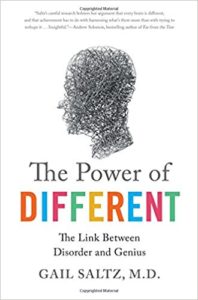 There are numerous examples of people with learning disabilities and mental health disorders doing extraordinary things: the child on the autism spectrum who is masterful at putting together incredibly intricate Lego creations, the young person with Asperger’s syndrome who knows more about presidential history than most adults, the child with dyslexia who is a master chef in the kitchen.
There are numerous examples of people with learning disabilities and mental health disorders doing extraordinary things: the child on the autism spectrum who is masterful at putting together incredibly intricate Lego creations, the young person with Asperger’s syndrome who knows more about presidential history than most adults, the child with dyslexia who is a master chef in the kitchen.
This is not a coincidence, according to a book that could help turn the stigma associated with these challenges on its head.
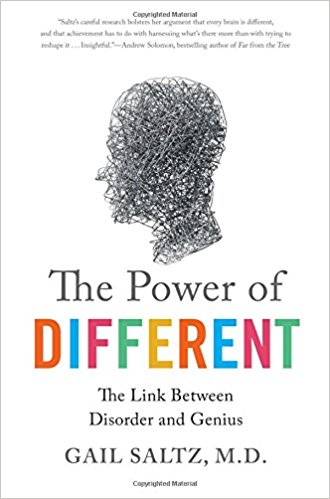
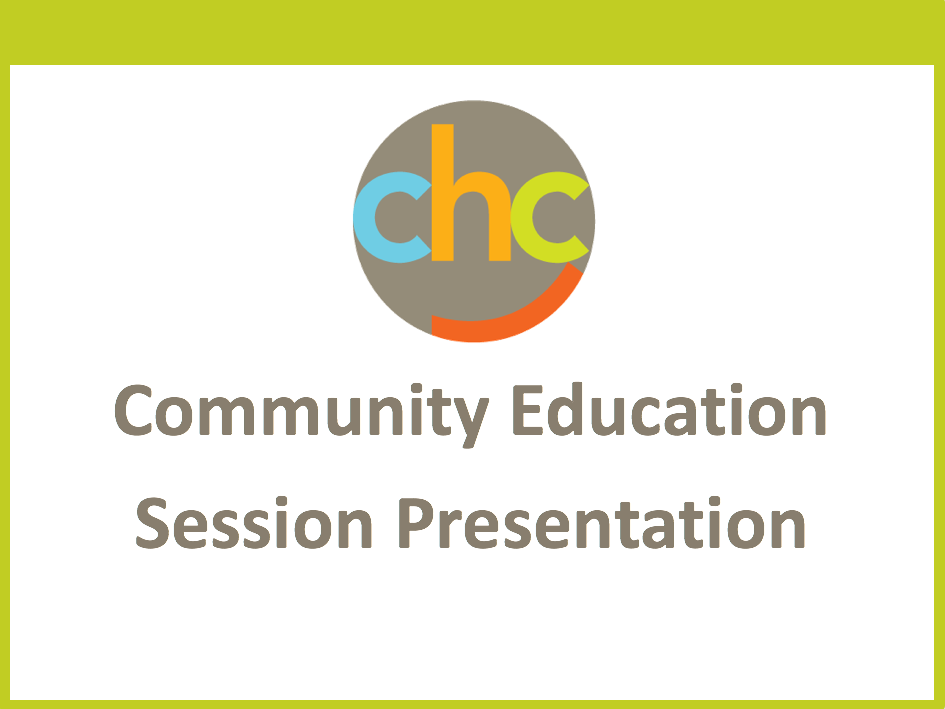
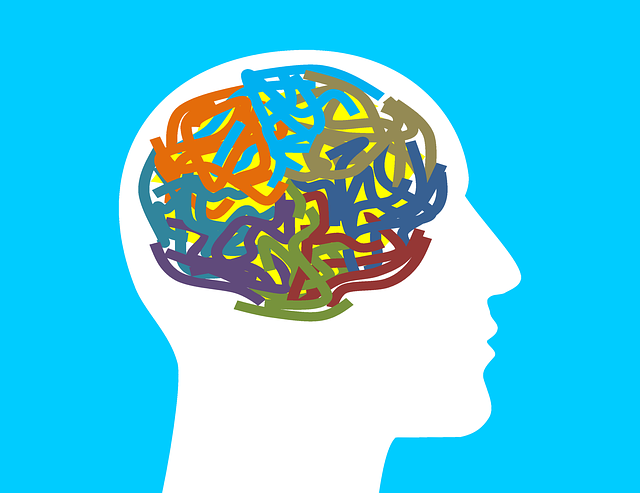
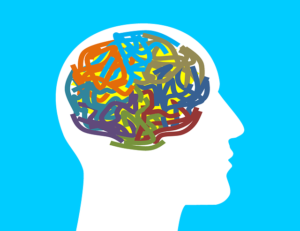 Interventions shown to be highly effective in treating symptoms of autism are already limited, but the options shrink even further in the presence of anxiety
Interventions shown to be highly effective in treating symptoms of autism are already limited, but the options shrink even further in the presence of anxiety 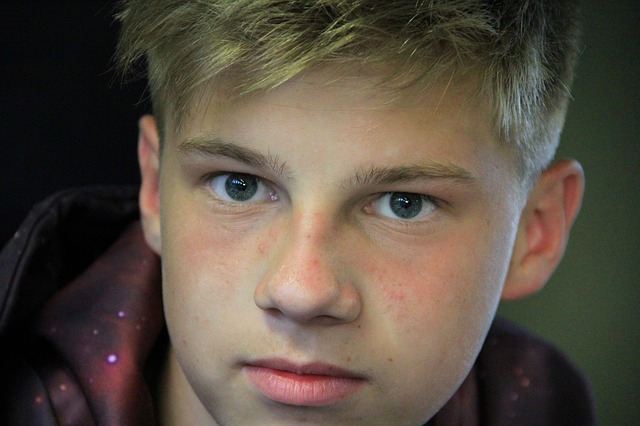
 National data indicates that about one-third of teenagers will experience an anxiety disorder, with 8 percent seriously impaired. Research and anecdotal evidence suggest that these numbers, higher than in decades past, reflect a real increase, not just a rise in reporting.
National data indicates that about one-third of teenagers will experience an anxiety disorder, with 8 percent seriously impaired. Research and anecdotal evidence suggest that these numbers, higher than in decades past, reflect a real increase, not just a rise in reporting. 
 Only about 50 percent of adolescents with depression
Only about 50 percent of adolescents with depression 
 Harold S. Koplewicz, MD
Harold S. Koplewicz, MD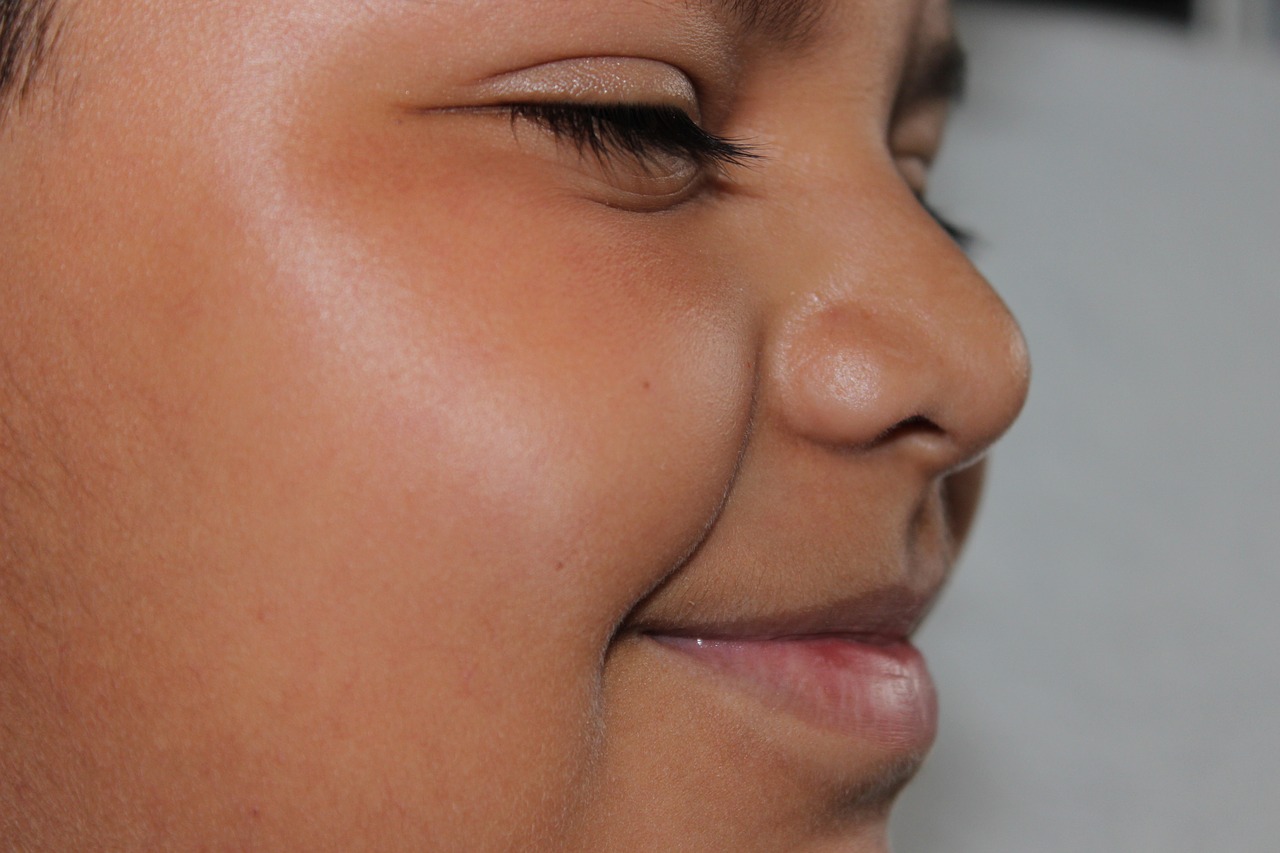
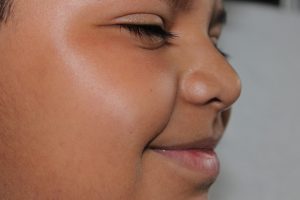 Scientists from
Scientists from 
 There are slight differences in students’ experiences with bullying across gender identities, according to a new
There are slight differences in students’ experiences with bullying across gender identities, according to a new 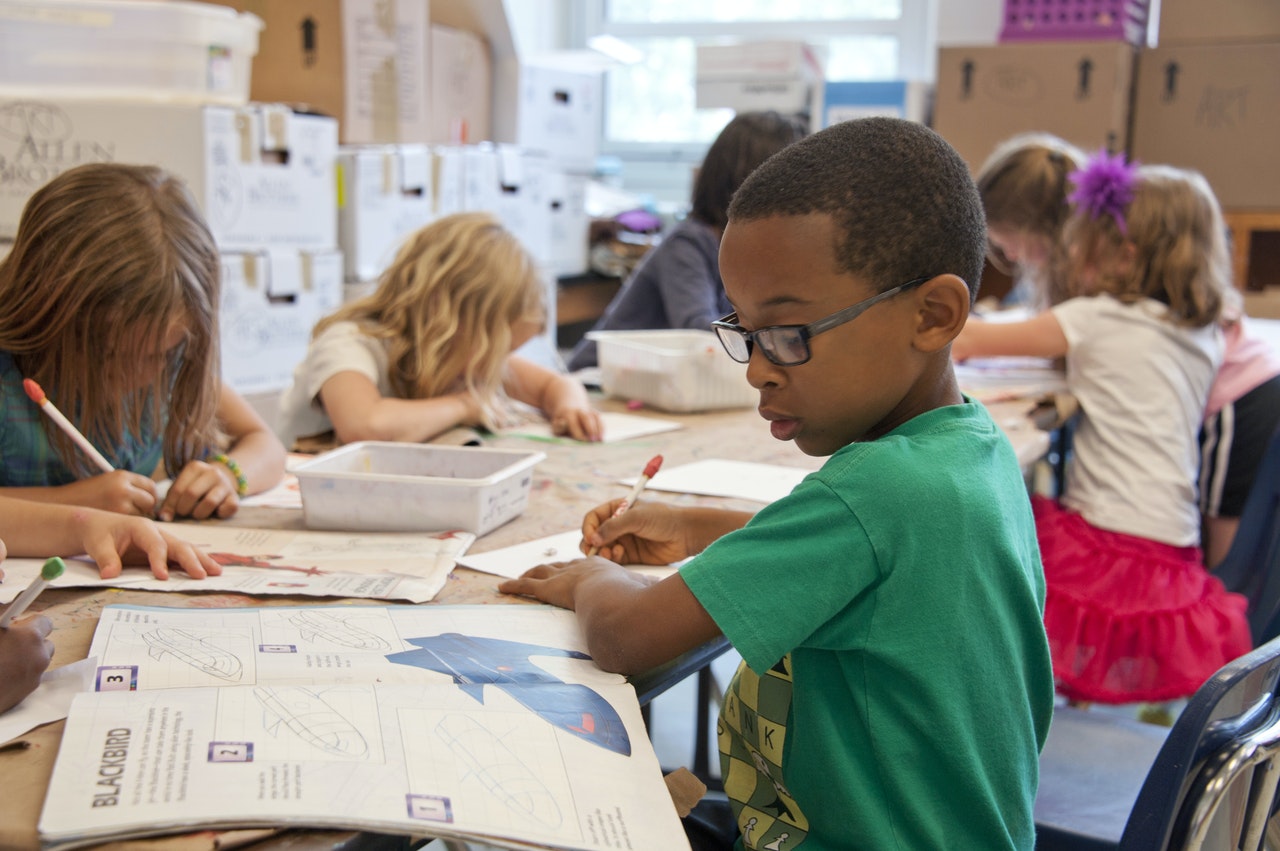
 Early test scores do not predict future academic growth, according to research from
Early test scores do not predict future academic growth, according to research from 
 A study published in December in the
A study published in December in the

